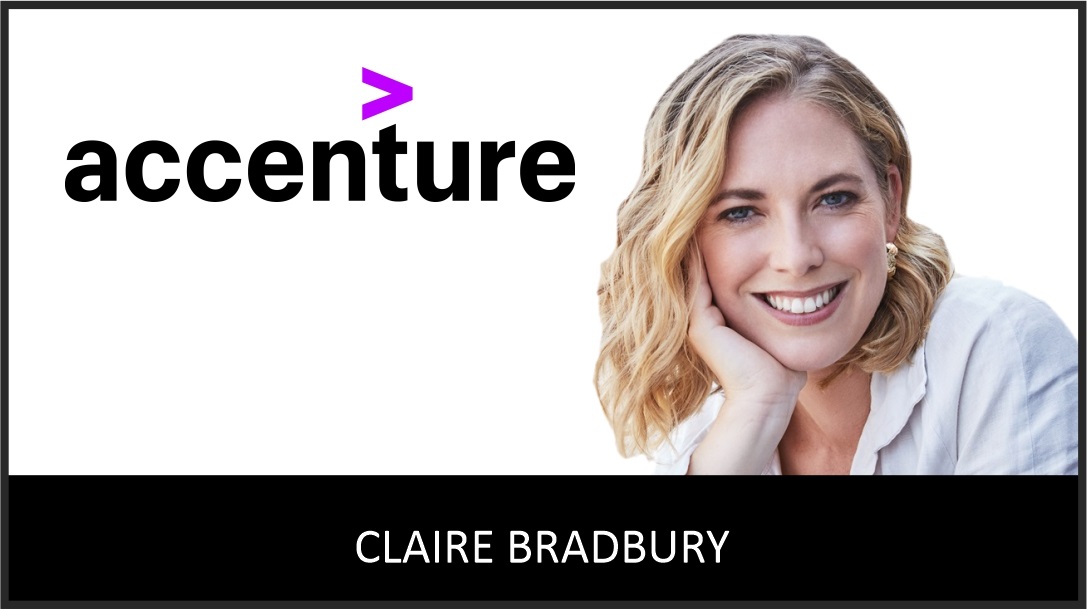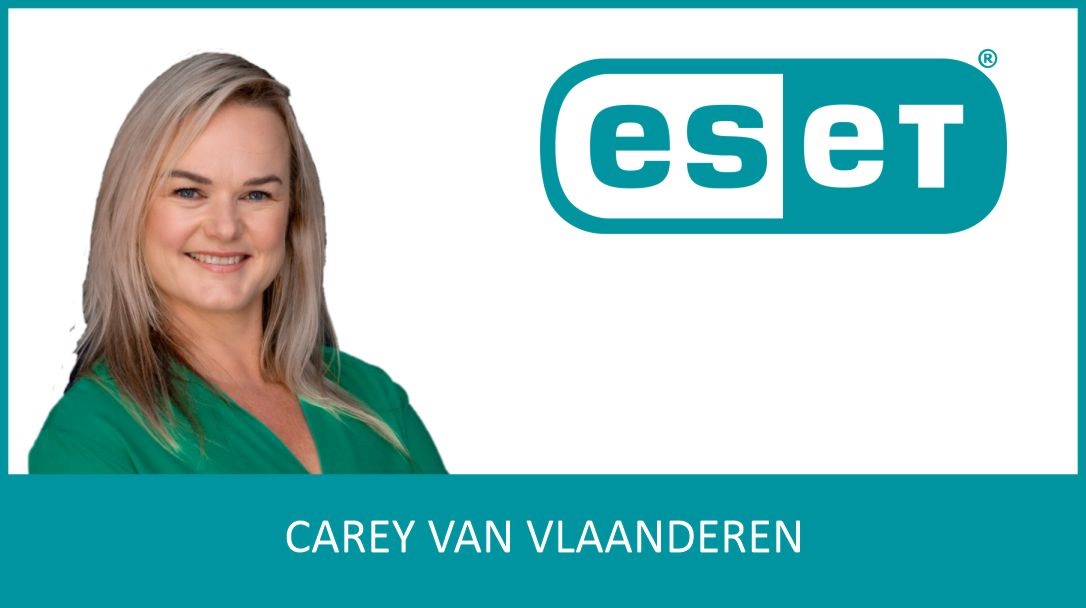Claire Bradbury, Sustainability Lead for Accenture, Africa
The conversation about artificial intelligence has shifted in South Africa from curiosity to critical urgency. Generative AI, in particular, has captured attention across board—not only for its potential to boost productivity but also for its role in addressing broader social and environmental priorities. Our recent study highlights how generative AI can accelerate progress on the Sustainable Development Goals. For South Africa, where inequality, unemployment, and infrastructure challenges dominate the national agenda, the question is not whether to adopt generative AI, but how to do so responsibly and inclusively.
South African businesses are already experimenting with generative AI in ways that go beyond operational efficiency. Local banks have piloted AI-driven tools to improve financial inclusion, creating conversational platforms that explain financial products in multiple languages and at literacy levels suited to diverse communities. This matters in a country where a large portion of the population remains outside the formal banking system. By designing AI models with inclusivity at their core, firms can reduce barriers to entry and extend access to critical services, helping to narrow the inequality gap.
At the same time, energy and climate challenges loom large. Eskom’s rolling blackouts continue to weigh heavily on the economy, underscoring the need for smarter energy planning and efficiency. Generative AI has a role to play here too, from modelling demand patterns more accurately to optimising the integration of renewable sources. In the mining sector, which remains a backbone of South Africa’s GDP, generative AI is being trialled to monitor emissions and predict equipment failures, directly supporting sustainability goals while also protecting jobs by reducing costly downtime. These are not distant prospects—they are examples of how AI can serve both commercial and national priorities today.
However, the adoption of generative AI in South Africa is not without its hurdles. Data quality, for one, is a significant challenge. AI systems are only as good as the data they are trained on, and South Africa’s data landscape reflects the country’s inequalities. Underserved regions often generate limited digital data, which risks reinforcing exclusion rather than solving it. To address this, businesses must invest in data collection strategies that reflect the full diversity of South African society. Partnerships between the private sector, government, and civil society will be crucial to ensure that AI is trained on data that is representative, ethical, and free from entrenched biases.
Skills development is another critical issue. While global estimates suggest that generative AI could automate up to 40% of working hours in some sectors, the South African reality is more complex. With unemployment levels hovering around 32%, the debate is not simply about automation but about how to reskill workers to thrive alongside AI. Encouragingly, local universities and training providers are already introducing AI literacy programmes, while corporates are beginning to invest in upskilling initiatives that pair digital training with practical workplace applications. The key will be to ensure that these opportunities reach not only urban professionals but also workers in rural and township economies, where digital access remains limited.
The regulatory environment will also play a decisive role. While South Africa has yet to develop a dedicated AI framework, the principles of the Protection of Personal Information Act (POPIA) provide a starting point. Companies experimenting with generative AI must already ensure compliance with data privacy requirements and prepare for potential future regulations that mirror developments in the EU and other markets. Proactively building governance frameworks around fairness, transparency, and accountability will not only build public trust but also position South African firms competitively in global supply chains that increasingly require demonstrable ethical standards.
Underpinning these factors, the cultural dimension of AI adoption cannot be forgotten. South Africa’s diversity – one of the country’s greatest strengths – also presents unique challenges for AI adoption. Generative AI models trained in narrow cultural contexts risk misunderstanding local nuance, from language use to social dynamics. Herein lies the opportunity. Firms that invest in culturally aware AI systems—such as multilingual AI small language models that work across South Africa’s 11 official languages—can help to course-correct the risk of entrenching digital inequities, unlock employment opportunities and new-skills development for the country’s young labour market, and harness value from innovation that supports social stability and an inclusive digital economy.
Generative AI is not a silver bullet, and it cannot replace the structural reforms needed to tackle unemployment, inequality, or resource insecurity. But it can act as an accelerator, enabling South African businesses to do more with less, to innovate under constraint, and to align commercial strategy with social good. The global report stresses that progress on the Sustainable Development Goals is lagging, with only 15% on track to be achieved by 2030. For South Africa, generative AI provides a chance to close some of these gaps faster—if deployed with foresight and responsibility.
The next 12 months will be telling. Companies that embrace generative AI without guardrails risk reputational, regulatory and civic backlash. Those that take a measured approach—balancing innovation with governance, and productivity with inclusion—will be better placed to harness AI as a driver of both growth and sustainability. For South Africa’s business community, the challenge is to see generative AI not just as another technology trend but as a tool for shaping a more resilient, equitable future.
ENDS

























































































